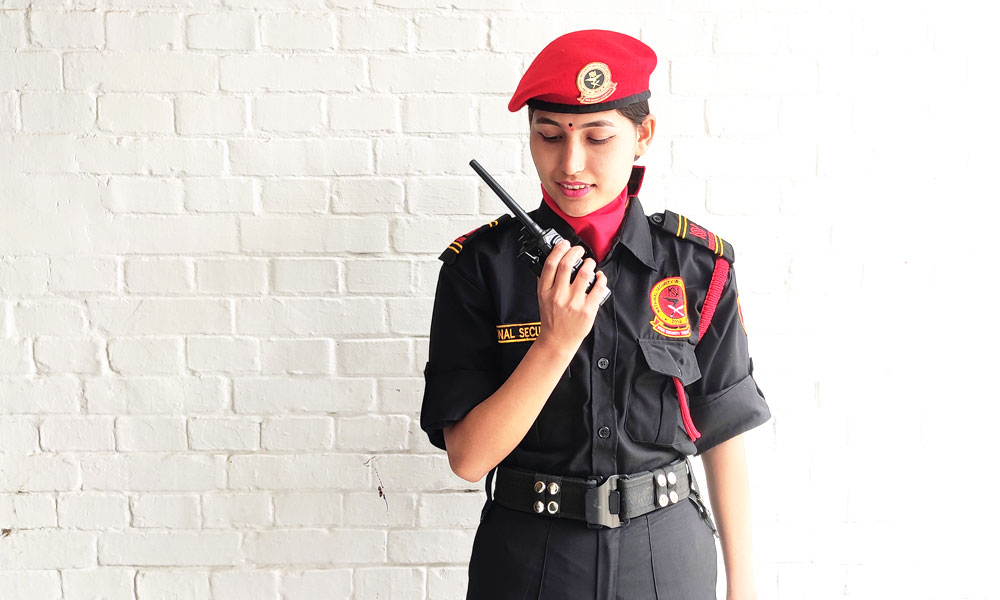Introduction
When it comes to events—whether a music festival, a corporate gathering, or a community fair—safety is a top priority. Imagine planning a big celebration, only to worry about potential threats or disturbances. That’s where mobile patrolling security comes into play, acting like the vigilant eye in the sky, ready to swoop in and address issues before they escalate. In this article, we’ll explore how mobile patrolling can transform event security management, ensuring that everyone enjoys a safe and memorable experience.
What is Mobile Patrolling?
Mobile patrolling refers to the practice of security personnel actively monitoring areas on foot or in vehicles. Unlike stationary guards, these patrols can cover larger areas and respond quickly to incidents. Think of it as having a team of superheroes on the ground—always on the lookout for trouble!
Importance of Security at Events
Security at events is crucial for several reasons. It not only protects attendees but also safeguards the event’s reputation. A secure environment builds trust, encouraging more people to participate. When attendees feel safe, they’re likely to enjoy themselves more, which ultimately benefits everyone involved.
How Mobile Patrolling Works
Mobile patrolling utilizes a systematic approach to monitoring event spaces. Security teams often develop a detailed patrol route, ensuring all areas receive adequate attention. By moving through the crowd and inspecting various locations, patrollers can identify any potential security risks early on.
Benefits of Mobile Patrolling
Enhanced Visibility
Mobile patrols increase security visibility, which can deter potential troublemakers. Just like a lighthouse guiding ships safely to shore, visible security personnel can reassure attendees that they’re protected.
Rapid Response to Incidents
If something goes awry—like an altercation or a medical emergency—mobile patrollers can respond immediately. Their ability to navigate the event quickly means that issues can be addressed before they spiral out of control.
Real-Time Monitoring and Response
With advancements in technology, many mobile patrol teams now employ real-time monitoring tools. This can include walkie-talkies, body cameras, and mobile apps that enable instant communication among team members. This swift information flow ensures that everyone is on the same page, fostering a more cohesive security effort.
Enhancing Crowd Control
Managing large crowds can be tricky. Mobile patrolling allows security personnel to monitor crowd dynamics, identifying any areas that may become overcrowded or chaotic. By addressing these situations proactively, security can help maintain a smooth flow of people, minimizing stress for both attendees and staff.
Technology Integration in Patrolling
Today’s security solutions often involve high-tech tools. Drones, surveillance cameras, and GPS tracking systems can supplement traditional mobile patrolling, providing an extra layer of security. Imagine a drone flying overhead, capturing real-time footage of the event—it’s like having an extra pair of eyes in the sky!
Training Security Personnel
Effective mobile patrolling relies heavily on well-trained security personnel. Training programs should emphasize communication skills, conflict resolution, and quick decision-making. This preparation ensures that patrol teams can handle various situations calmly and effectively.
Case Studies: Success Stories
Many events have successfully implemented mobile patrolling strategies. For instance, a large music festival in California saw a significant reduction in incidents after adopting a mobile patrolling strategy, resulting in happier attendees and fewer disruptions. Such success stories highlight the effectiveness of proactive security measures.
Cost-Effectiveness of Mobile Patrolling
Investing in mobile patrolling may seem like a hefty expenditure, but the potential savings are substantial. Reducing the likelihood of theft, vandalism, and other incidents can save event organizers significant amounts of money in the long run. Plus, fewer incidents lead to a better reputation and increased attendance at future events.
Challenges of Mobile Patrolling
While mobile patrolling offers numerous benefits, it’s not without challenges. Factors such as unpredictable weather, large crowds, and diverse attendee behavior can complicate patrols. Addressing these challenges requires flexible strategies and ongoing training.
Future Trends in Event Security
The future of event security will likely see even more integration of technology, including artificial intelligence and predictive analytics. These advancements can help security teams anticipate potential issues before they arise, making mobile patrolling even more effective.
FAQs
- What types of events benefit from mobile patrolling?
Mobile patrolling is effective for various events, including concerts, festivals, conferences, and sporting events.
- How does mobile patrolling improve response times?
By actively monitoring the area, mobile patrollers can quickly identify and respond to incidents, reducing the time it takes to address issues.
- Can mobile patrolling prevent incidents before they happen?
While it can’t prevent every incident, visible security can deter potential troublemakers and address situations before they escalate.
- What technologies are commonly used in mobile patrolling?
Common technologies include walkie-talkies, body cameras, drones, and GPS tracking systems for real-time monitoring.
- How are security personnel trained for mobile patrolling?
Training typically focuses on communication skills, conflict resolution, and quick decision-making to prepare personnel for various scenarios.
Conclusion
Mobile patrolling is an indispensable tool in event security management. By combining trained personnel, advanced technology, and effective communication, it offers a dynamic and flexible security services that static guards simply cannot match. As events continue to grow in size and complexity, mobile patrolling will only become more critical in ensuring the safety of all attendees.












